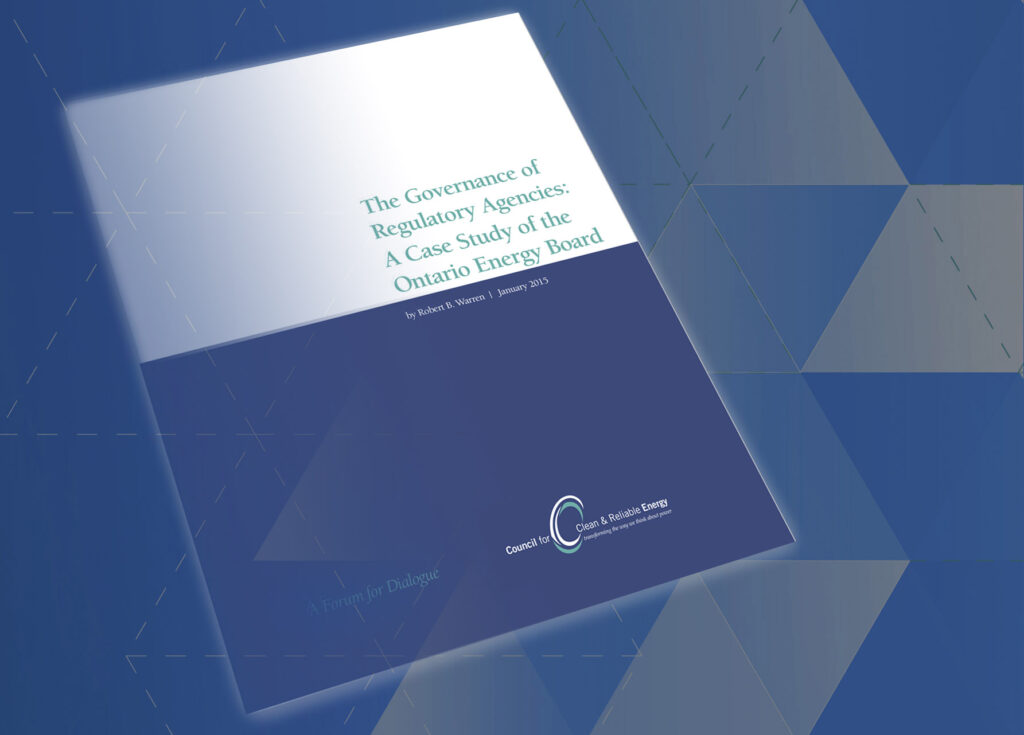
Executive Summary
Regulatory agencies play a critical role in the operation of modern society. They perform functions which none of the legislature, the government, or the courts have the time, the expertise, or the capacity to perform. Because of the importance of regulatory agencies, it is essential that they be subject to effective governance.
This paper examines the governance of regulatory agencies, using the Ontario Energy Board (OEB) as a case study. This paper uses the Organization for Economic Co-operation and Development’s (OECD) principles for governance of regulatory agencies as the standard by which to assess the governance of the OEB.
This paper examines the operations of the OEB against that standard and identifies aspects of the OEB’s operations which do not meet the standard. It then examines the OEB’s existing governance instruments – principally judicial review by the courts, and compliance with the Memorandum of Understanding between the responsible Minister and the chair of the OEB – to determine whether those instruments are adequate to address the deficiencies. This paper argues that those instruments are not adequate.
This paper concludes by suggesting that what is required is an independent examination of the OEB’s operations, first to determine what practices need to be improved in order to meet the OECD standard and, second, to determine whether the existing governance instruments can be enhanced or whether they need to be replaced.

